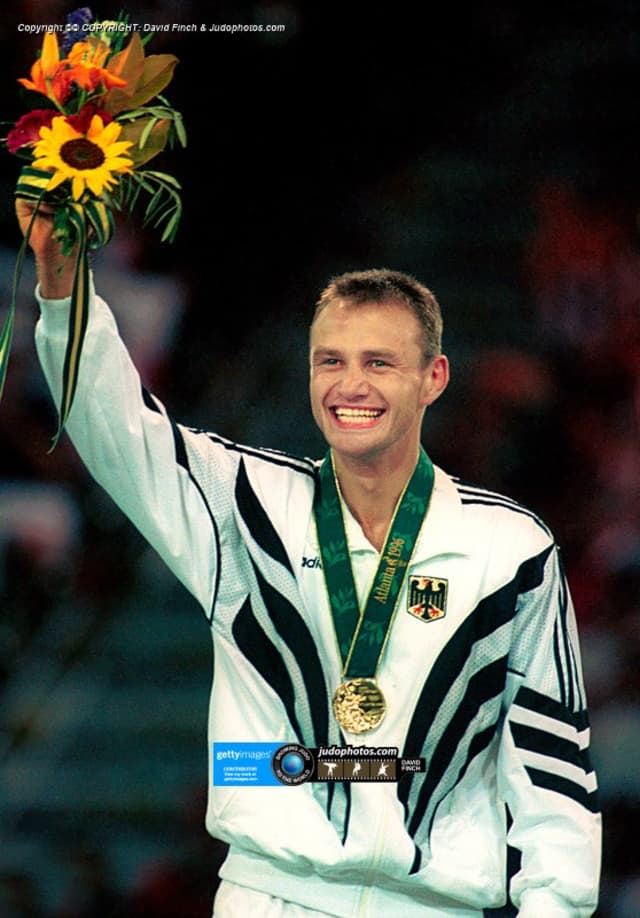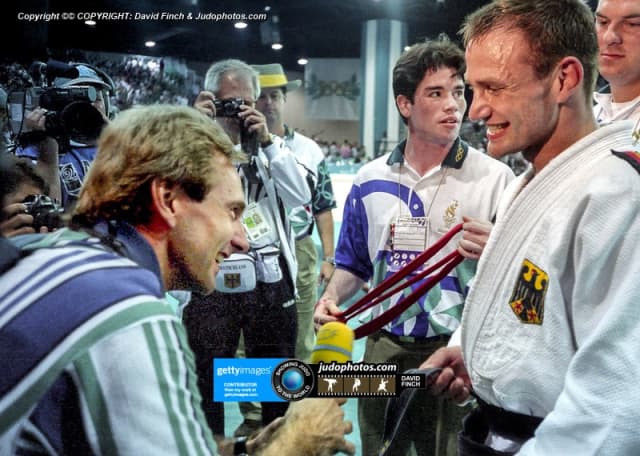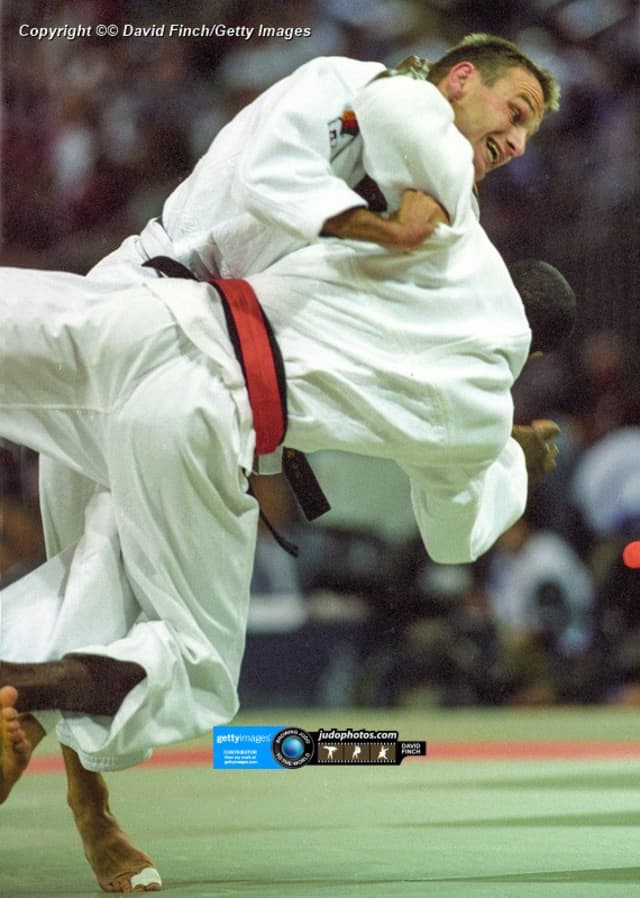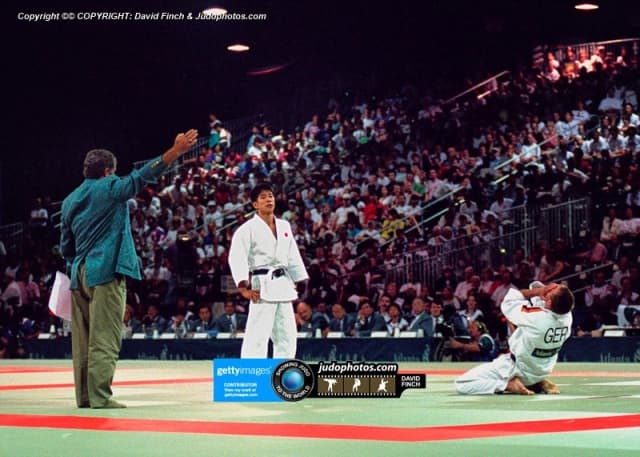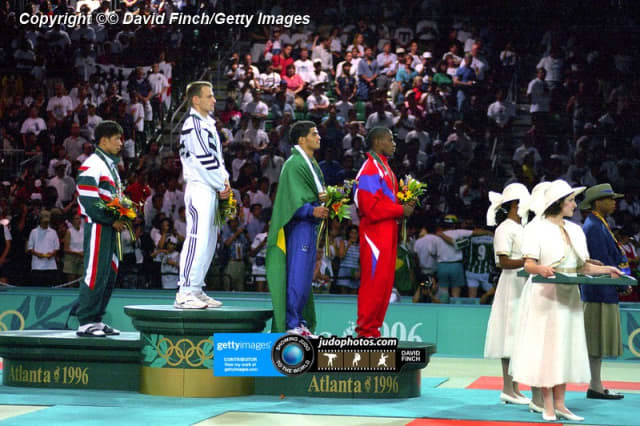We introduced the statistics, the almost impossible feat and the question in our first article in the series, which can be found here:
https://www.ijf.org/news/show/151-olympic-champions-tokyo-to-tokyo
A reminder of the question:
It could be said that to be in the company of an Olympic judo champion is to be presented with someone whom has reached an absolute pinnacle, a ceiling which cannot be surpassed; there is nowhere further to ascend in the world of sport. We often find Olympic champions speaking with freedom and certainty, unafraid to share an opinion, speaking of their lives and paths with confidence. For many we feel there is peace, and that can be magnetic and inspiring.
So the question is, did they become Olympic champion because of that character or did they become that person having won the Olympic gold medal?
“What’s special about the Olympics is that four year cycle. Winning the worlds in ’95 in Japan and against a Japanese opponent was emotionally much more than winning at the Games in Atlanta but everything around the Olympics with the media focus makes it higher ranked."
"I don’t think the Olympic medal makes you something special on its own. Of course it’s a selective circle of people who can and have done it. There have to be a large number of components to fall into place at the right time and it’s not a big secret to work hard and always be surrounded by the right people. It’s not like creating an Olympic champion can be done with one set-up and one type of person, there isn’t just one single character trait. Different athletes like different coaching too.
What I can say is that I downplay my achievement a little bit but for sure I was very self-critical, a perfectionist and I think a healthy amount of that works well but a chain is only as strong as it’s weakest link. Basically to be successful you have to have excellent physical preparation, real heart at the wire and to have gone through something in training that is so hard that you build the self-confidence to do whatever it takes."
"I was also very pragmatic and I knew in advance that a few guys would be very difficult to throw for ippon. So, I worked hard for small advantages and I always wanted to attack more than my opponent, any opponent. If at any moment the fight stops, you should be ahead, that was how it was, I was thinking about hantei. Against very strong opponents this is easier said than done. You have to work hard to make it look easy. With big champions in the old days or now, it looks so easy; Abe’s sode, Maruyama’s uchi-mata and my tai-otoshi, finding position to be able to throw. This all has to be combined with having some competition success on the way, giving you the confidence and evidence and experience. No-one can tell you that you will win, you have to know it, maybe feel it."
Of course, specifically for me, the Olympic gold medal came towards the end of my career and I appreciated it a lot. I mean, you take it when you can get it!”
Has it had an impact? Did becoming Olympic champion change you as a person? "No, I think I am still the same person after winning Olympic gold but through this success I have had the privilege to meet so many people from different backgrounds and was able to have experiences I would not have had."
Udo Quellmalz is now coaching the Belgian national team.

